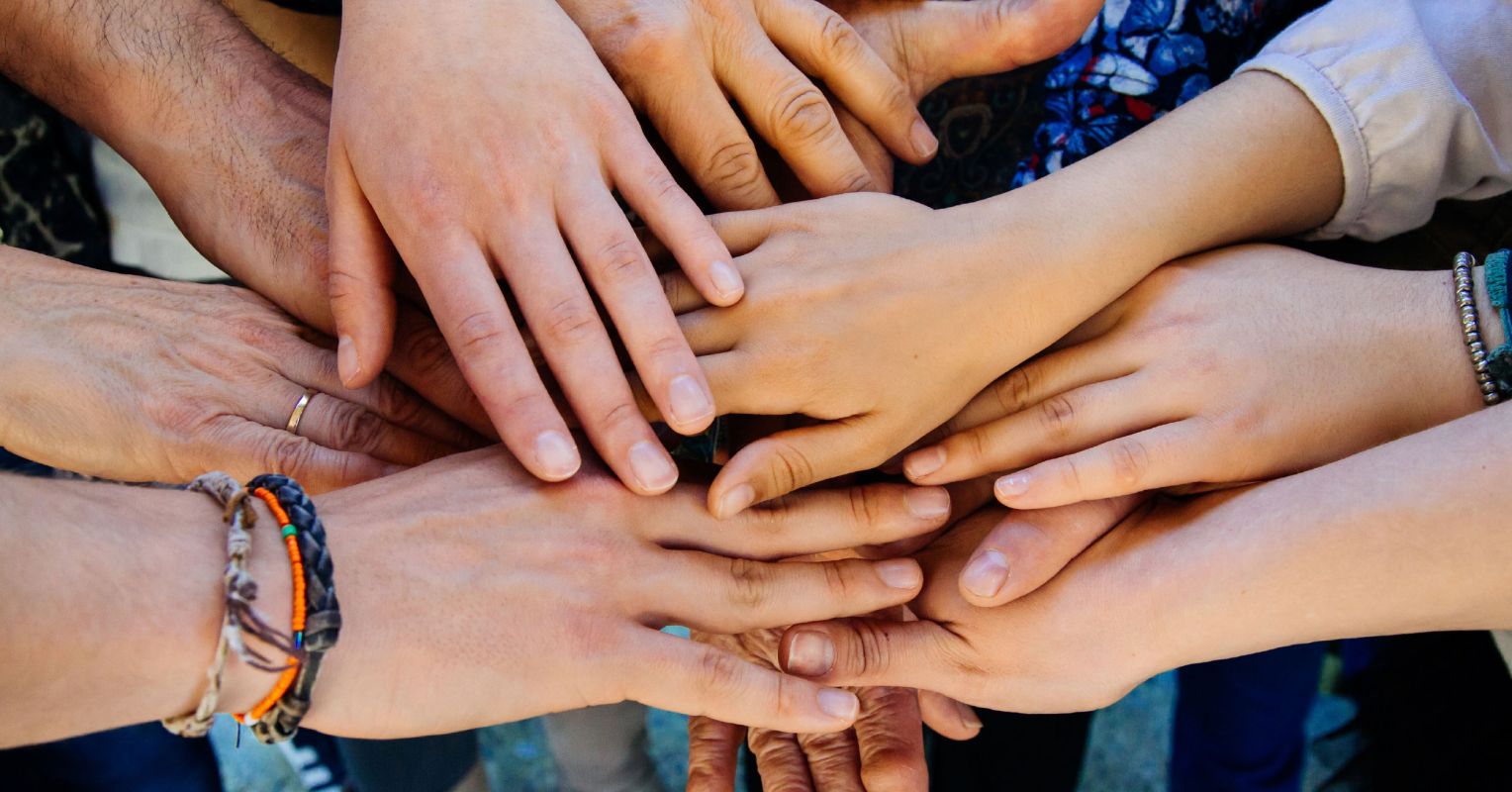
"Autistic individuals face disproportionately high rates of anxiety, depression, and loneliness. Families and care teams also experience high rates of burnout."
"Well-being isn't a luxury-it's a right. Right now, the autism community could benefit from an alliance dedicated to well-being."
"The five-step model adapts proven strategies from past social movements to support the flourishing of autistic individuals."
"When individuals, organizations, and communities unite, they have the power to influence public policy, change minds, and build a more just society."
Autistic individuals experience high rates of anxiety, depression, and loneliness, necessitating community support. Families and caregivers also suffer from considerable burnout. The Autism Well-being Alliance seeks to unite families, advocates, and providers to promote flourishing. Drawing from strategies of successful social movements, a five-step model advocates for well-being as an essential right. It emphasizes that the autism community deserves equal access to happiness and health. Collaborative efforts can drive needed changes in public policy and societal perception.
Read at Psychology Today
Unable to calculate read time
Collection
[
|
...
]